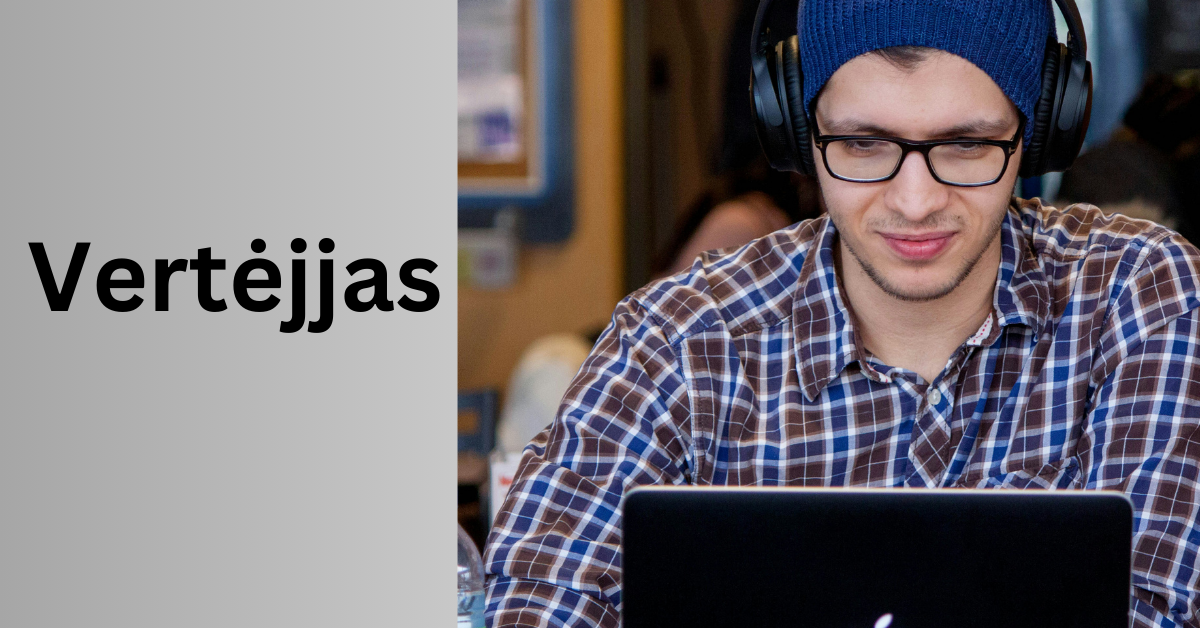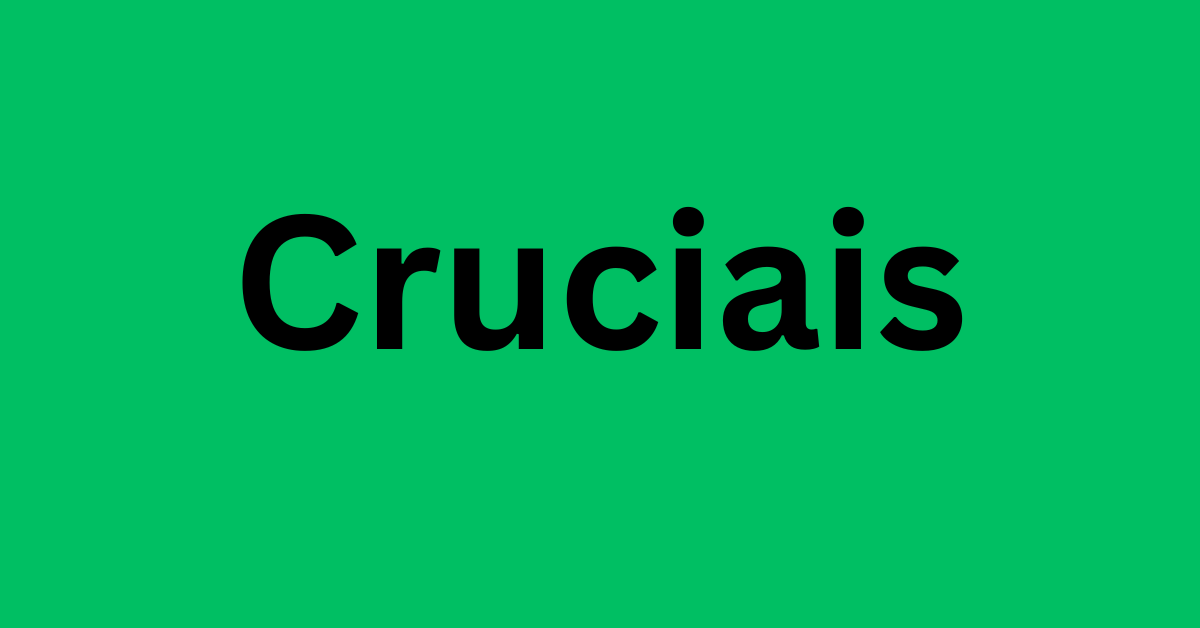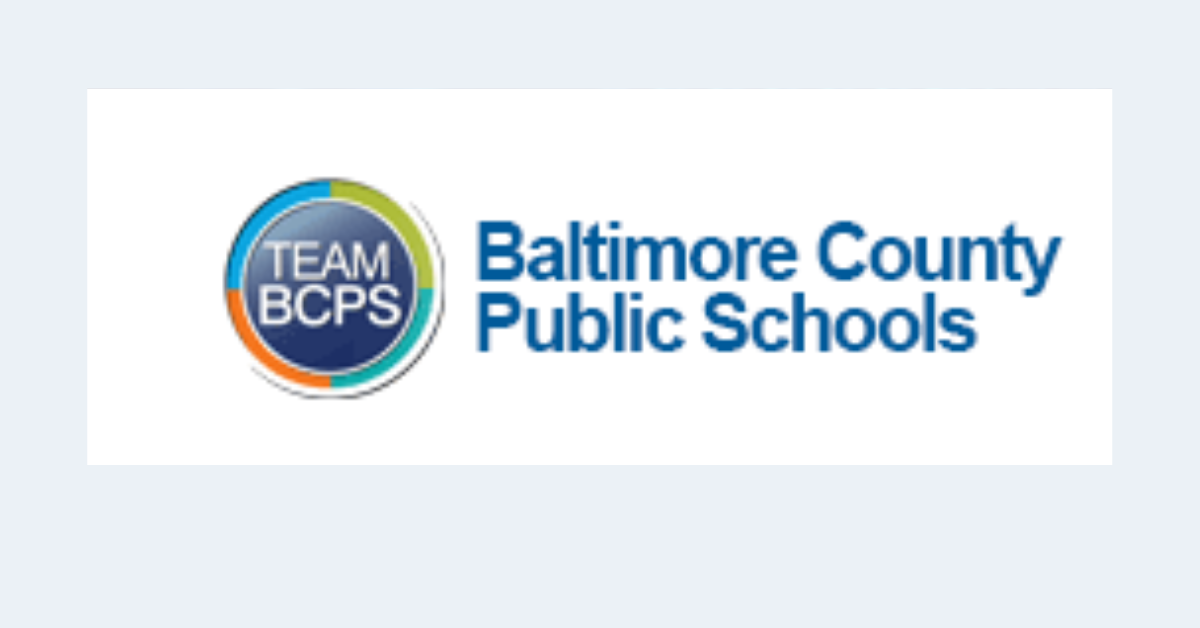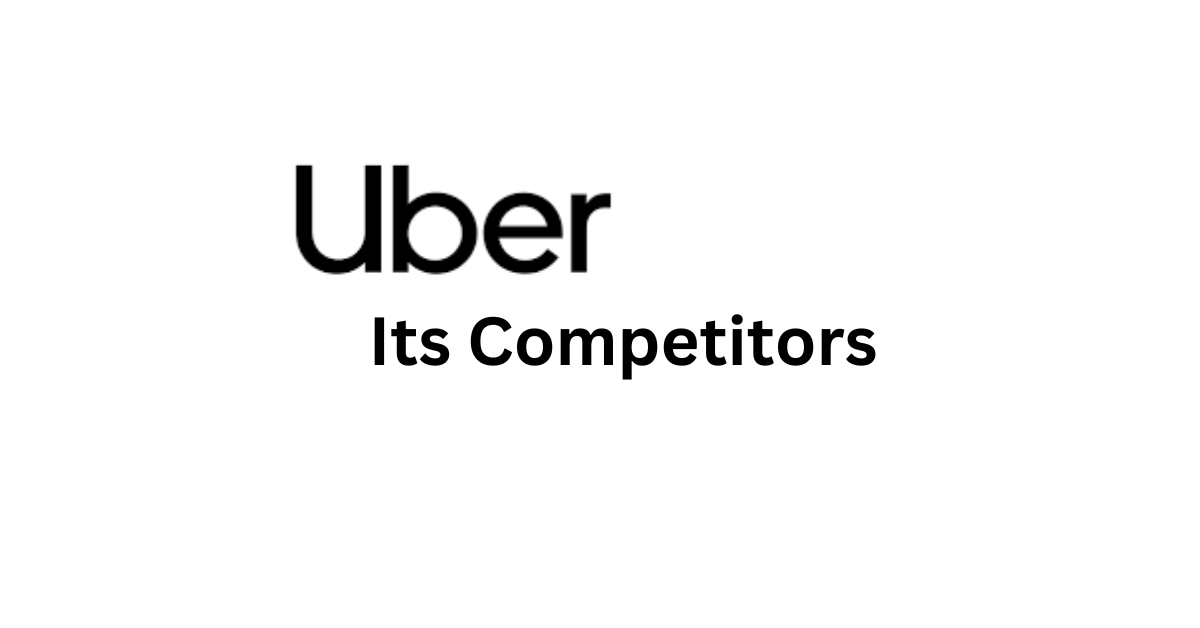Introduction
In an increasingly interconnected world, the role of a translator, known in Lithuanian as “vertėjjas,” is more crucial than ever. A vertėjjas is a skilled person who specializes in converting written or spoken content from one language to another. This skill is not just about linguistic proficiency but also about cultural understanding and adaptability. As global communication expands, the demand for skilled vertėjai (plural of vertėjjas) rises, highlighting their importance in various fields such as literature, business, diplomacy, and more. This article will explore the multifaceted role of vertėjjas, detailing the skills required, the challenges faced, and the diverse applications of translation in today’s world.
1. Understanding the Role of a Vertėjjas
A vertėjjas is much more than a mere converter of words from one language to another. This professional acts as a cultural mediator, ensuring that the intended message is accurately conveyed and culturally appropriate. This requires a deep understanding of both the source and target languages, including their idioms, nuances, and contextual meanings. For instance, translating a marketing slogan requires not only linguistic accuracy but also an understanding of the target culture’s values and preferences.
2. Skills Required to Be a Successful Vertėjjas
To excel as a vertėjjas, one must possess several key skills:
- Language Proficiency: Mastery of both the source and target languages is basic. This includes a strong vocabulary, grammar knowledge, and the ability to understand various dialects and accents.
- Cultural Awareness: Understanding cultural contexts and avoiding cultural faux pas is crucial in translation. This skill helps in maintaining the intent and tone of the original content.
- Attention to Detail: A successful vertėjjas must be meticulous in their work, as even a small error can lead to misunderstandings or misinterpretations.
- Research Skills: Often, vertėjai encounter specialized terms or concepts. Effective research skills enable them to find the most accurate translations.
- Adaptability: The ability to switch between different types of texts, such as technical, literary, or colloquial, is essential.
3. Types of Translation Services Offered by Vertėjai
Vertėjai offer a wide range of translation services, catering to different needs and industries:
- Literary Translation: This involves translating books, poems, and other literary works. It requires creativity and a deep understanding of the literary style and cultural context.
- Technical Translation: This type includes translating manuals, user guides, and scientific texts. It demands precise terminology and clarity.
- Legal Translation: Legal documents, contracts, and court transcripts require a high level of accuracy and understanding of legal terminology.
- Medical Translation: Translating medical texts, including patient records and pharmaceutical instructions, requires specialized knowledge and strict attention to detail.
- Business Translation: This encompasses translating business documents, marketing materials, and websites. It requires an understanding of business terminology and cultural nuances.
4. Challenges Faced by Vertėjai
Being a vertėjjas comes with its own set of challenges:
- Language Evolution: Languages are constantly evolving, with new words and phrases emerging. Vertėjai must stay updated with these changes to provide accurate translations.
- Cultural Sensitivity: Ensuring that translations are culturally appropriate can be challenging, especially when dealing with sensitive topics.
- Ambiguities and Idioms: Some words or phrases may not have direct equivalents in other languages, making it difficult to convey the exact meaning.
- Time Constraints: Meeting deadlines while ensuring high-quality work is a common challenge for vertėjai, especially in fast-paced industries.
- Specialized Knowledge: Translating texts from specialized fields, such as medicine or law, requires extensive knowledge and research.
5. The Importance of Vertėjai in Global Communication
In our globalized world, vertėjai play a vital role in facilitating communication between people from different linguistic and cultural backgrounds. They enable the sharing of ideas, knowledge, and information across borders, thus fostering international collaboration and understanding. Whether it’s translating a novel, a business proposal, or a diplomatic speech, vertėjai help bridge the gap between different languages and cultures.
6. The Digital Age and Its Impact on Translation
The advent of the digital age has significantly impacted the field of translation. With the rise of the internet, social media, and digital content, the demand for translation services has skyrocketed. Vertėjai now work on translating websites, apps, and online content, ensuring that information is accessible to a global audience. Additionally, advancements in machine translation technologies, such as Google Translate, have changed the landscape. While these tools can be useful, they cannot replace the nuanced understanding and cultural awareness that a human vertėjjas provides.
7. Ethical Considerations in Translation
Ethics play a crucial role in the work of a vertėjjas. It is essential for translators to respect the confidentiality of the information they work with, especially in sensitive fields like law and medicine. They must also strive for accuracy and impartiality, avoiding any alterations that could misrepresent the original message. Furthermore, vertėjai should be aware of the potential for cultural bias and work to present the content in a way that is respectful and culturally sensitive.
Conclusion
The role of a vertėjjas is indispensable in our interconnected world. These professionals not only facilitate communication across languages but also act as cultural mediators, ensuring that messages are accurately and sensitively conveyed. As global communication continues to expand, the demand for skilled vertėjai will grow, highlighting the importance of their work. Whether in literature, business, law, or technology, vertėjai are the unsung heroes who bridge linguistic and cultural divides, making the world a more connected and understanding place.




